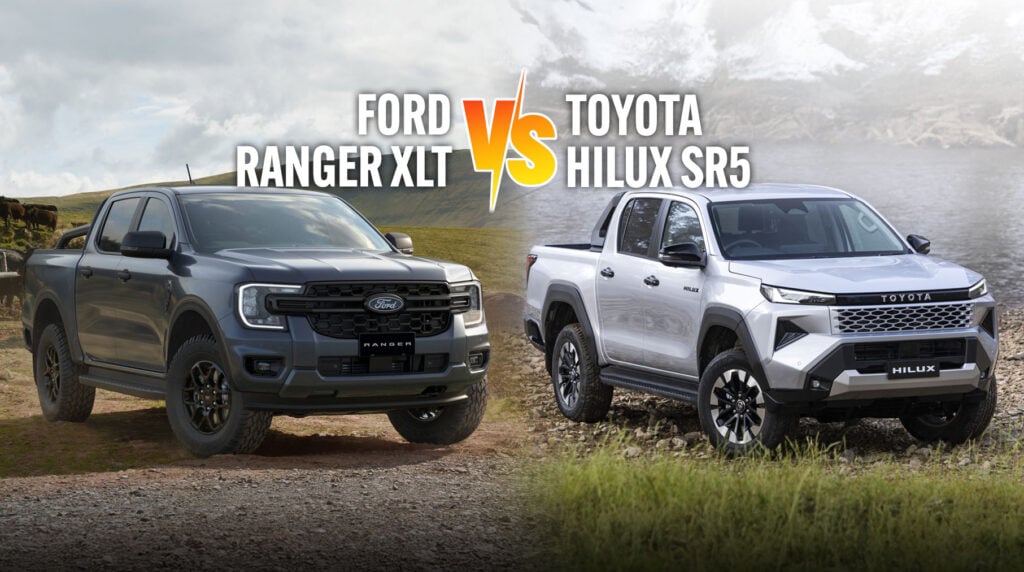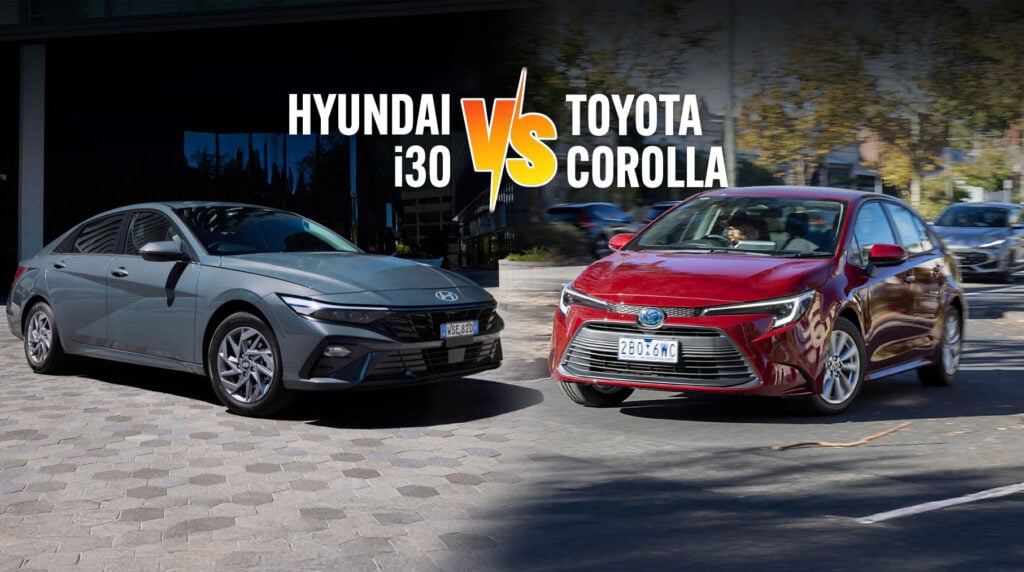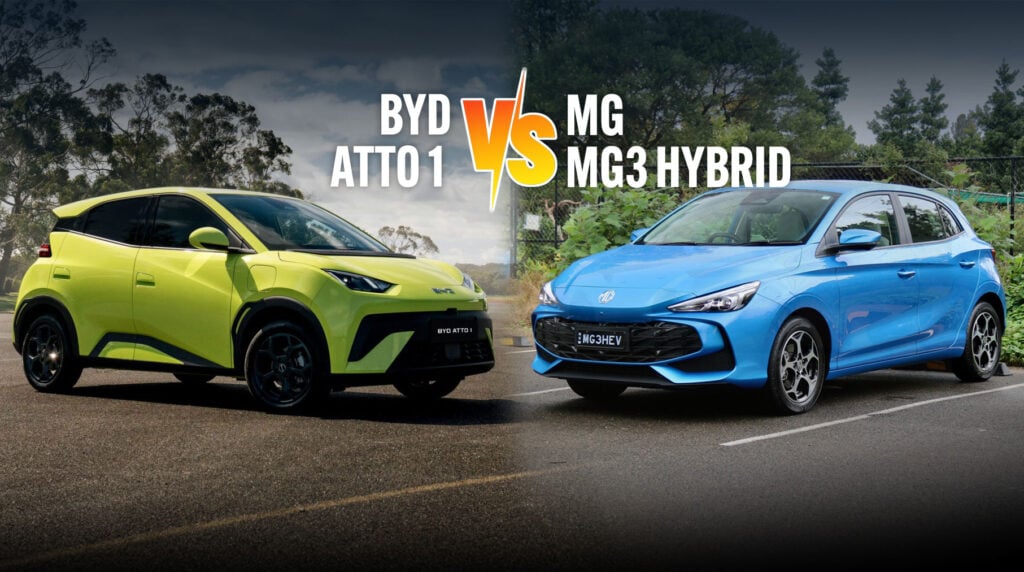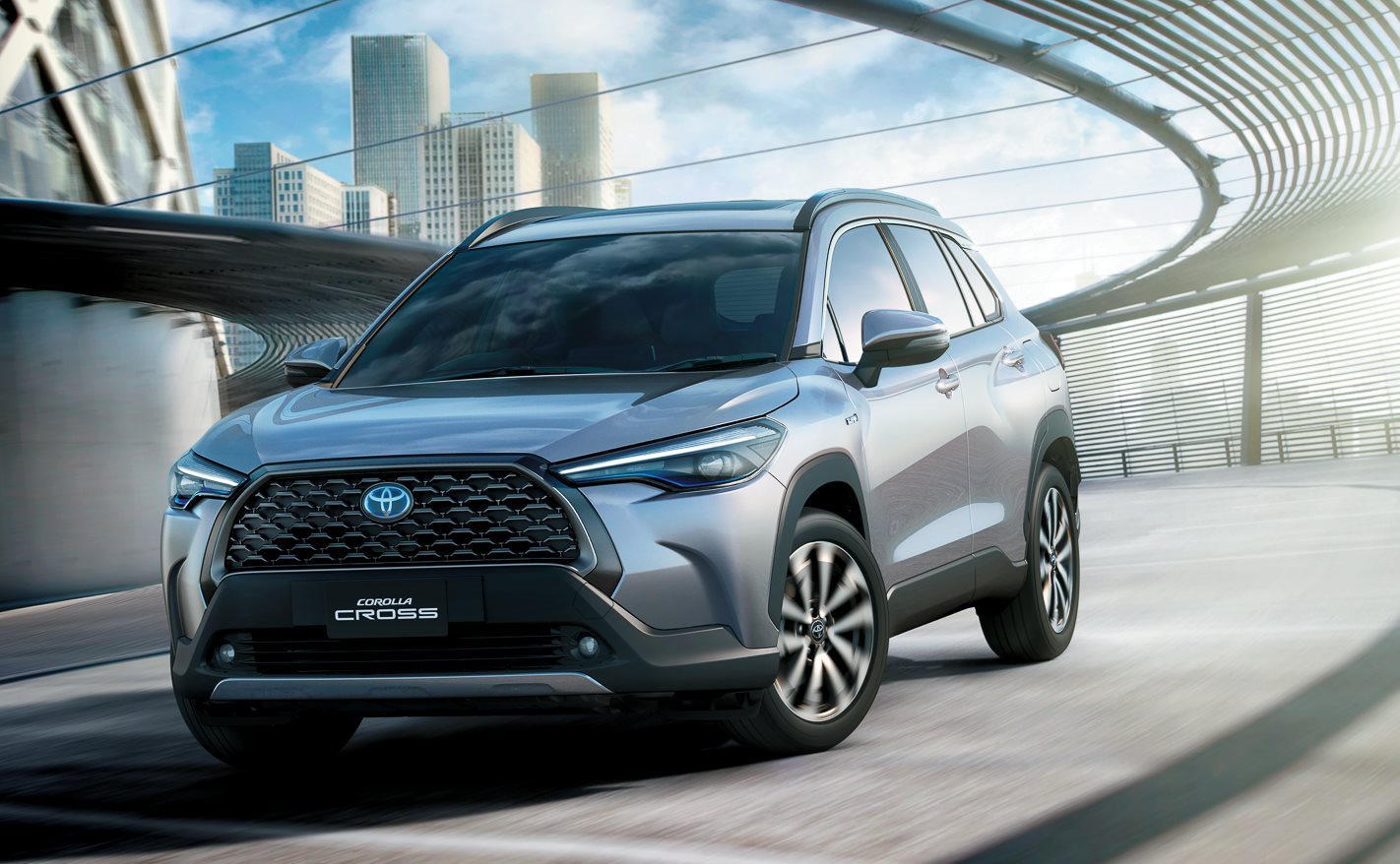
Car manufacturers are falling over themselves to offer up more small SUVs to satisfy Australia’s insatiable demand, and the Toyota Corolla Cross is just the latest debut in a burgeoning segment.
But its oddly-long lead time indicating a late 2022 arrival means it’ll land among some accomplished competition, many of which will have garnered a strong reputation by the time the Corolla Cross comes along.
UPDATE, July 2 2022: Corolla Cross driven
Ahead of its Australian debut in late 2022, our man Brian Makse has driven the Corolla Cross in its North American guise. Get the story at the link below.
The story to here
It’ll slot tightly between the Yaris Cross and RAV4, as an alternative to the C-HR, riding on the same TNGA-C platform that underpins the Corolla hatchback, and it appears a hefty chunk of technology and design is derived from Corolla too.
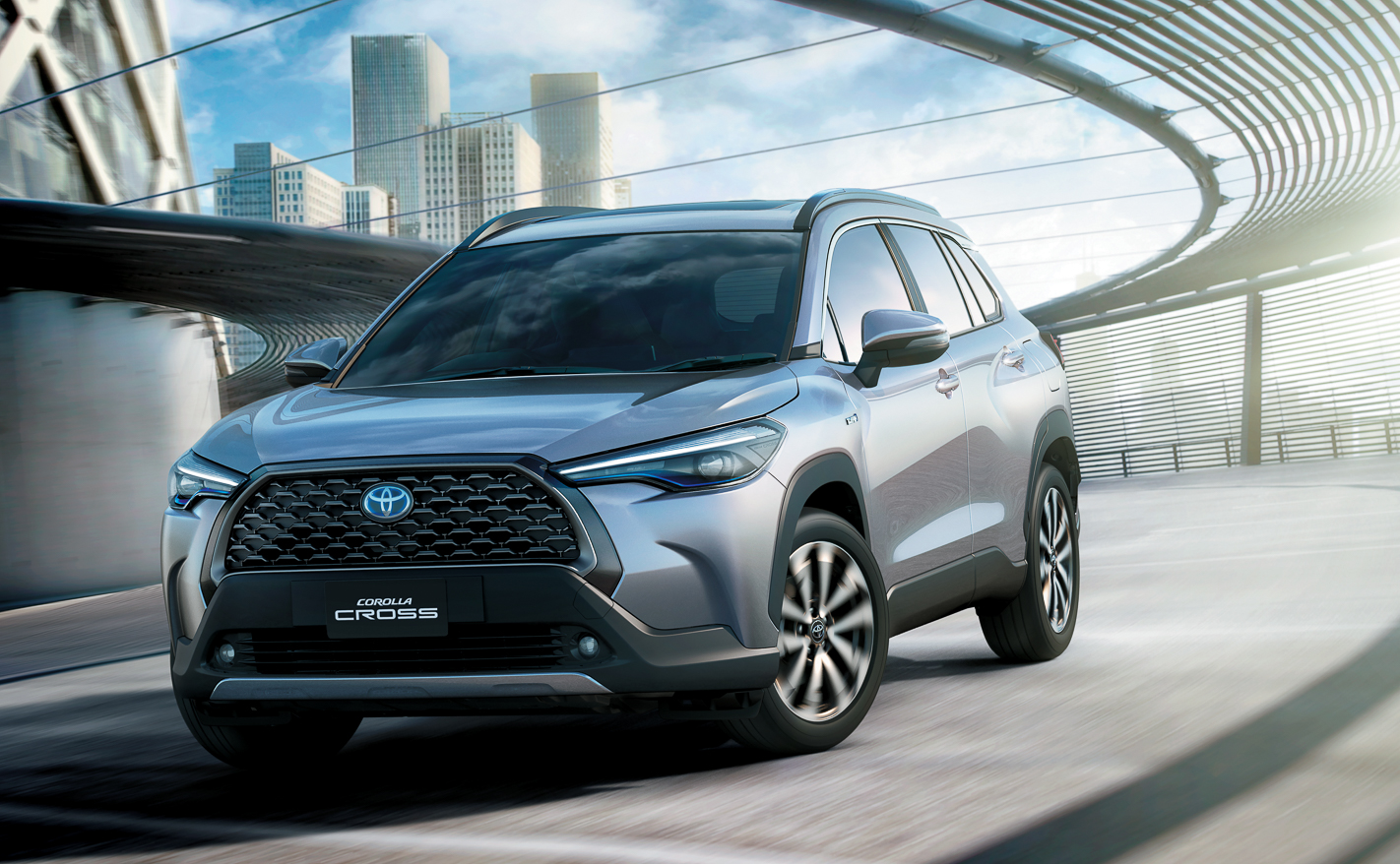
It’ll get a 9.0-inch infotainment screen with smartphone mirroring and a 7.0-inch screen within the instrument cluster to display driving information, while the rest of the interior all looks pretty standard Corolla – which is certainly no criticism these days.
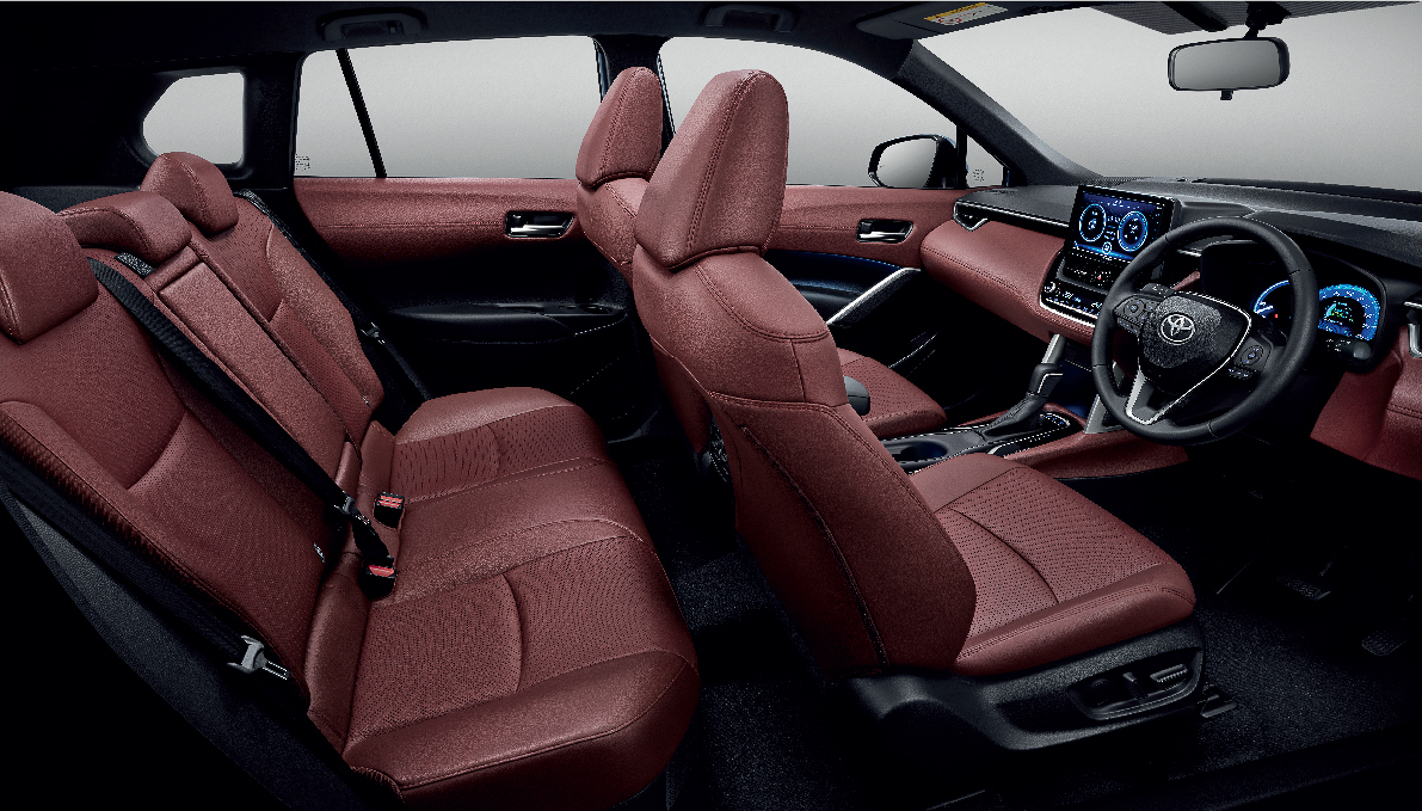
A high level of standard safety equipment will be on offer which we’ll know more about in due course, but the Corolla Cross also features a sizeable 487-litre boot.
Toyota says the car will be delivered with two versions of the company’s 1.8-litre four-cylinder engine mated to a continuously variable transmission (CVT).
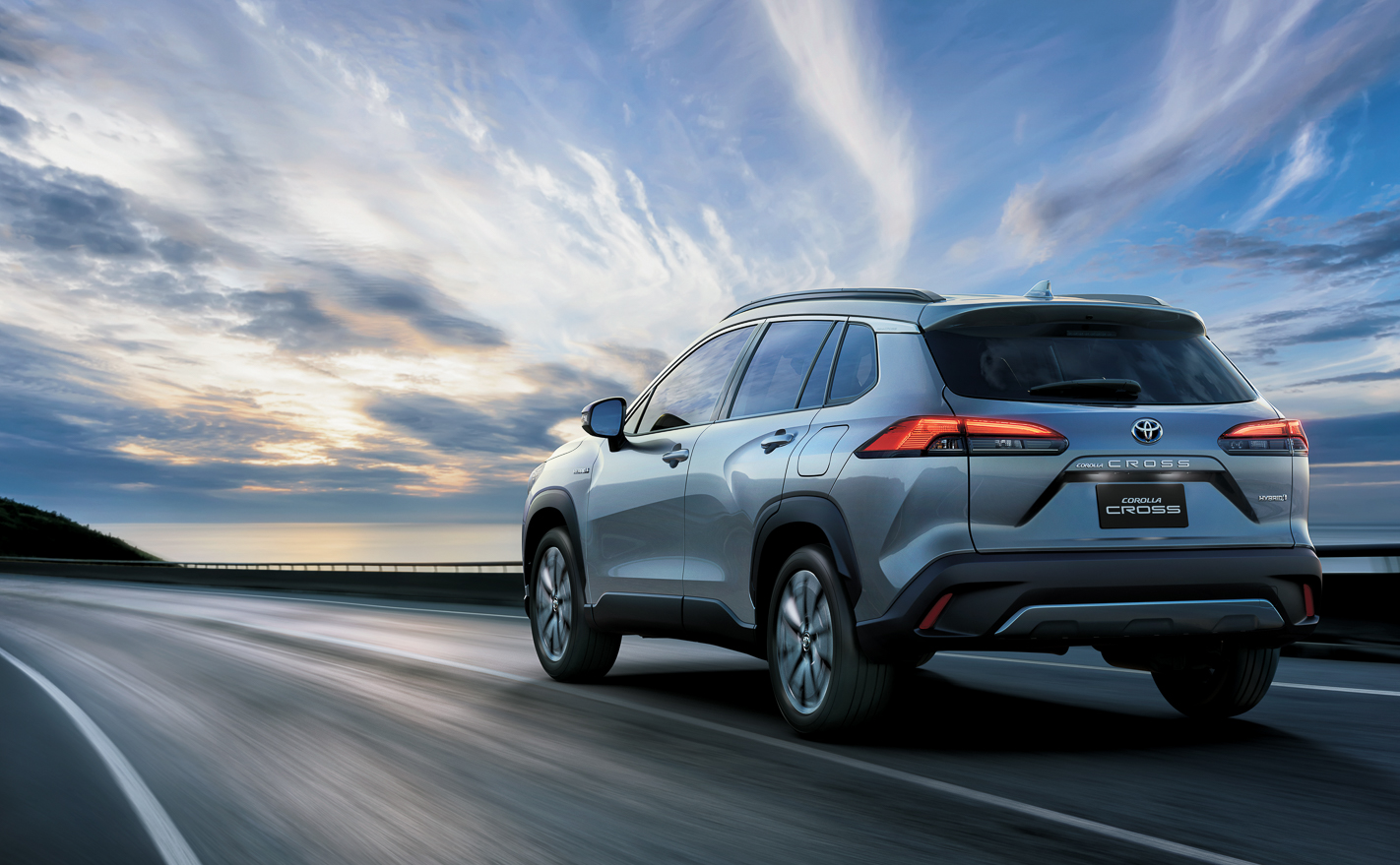
That’s just a quick snapshot of what we’re expecting of the Corolla Cross when it arrives in Australia in a couple years, but how do those specs stack up against the competition?
Mazda CX-30
The CX-30 fills a very similarly shaped spot within Mazda’s SUV ranks, bridging the gap between CX-3 and CX-5 and underpinned by the Mazda 3 hatchback.
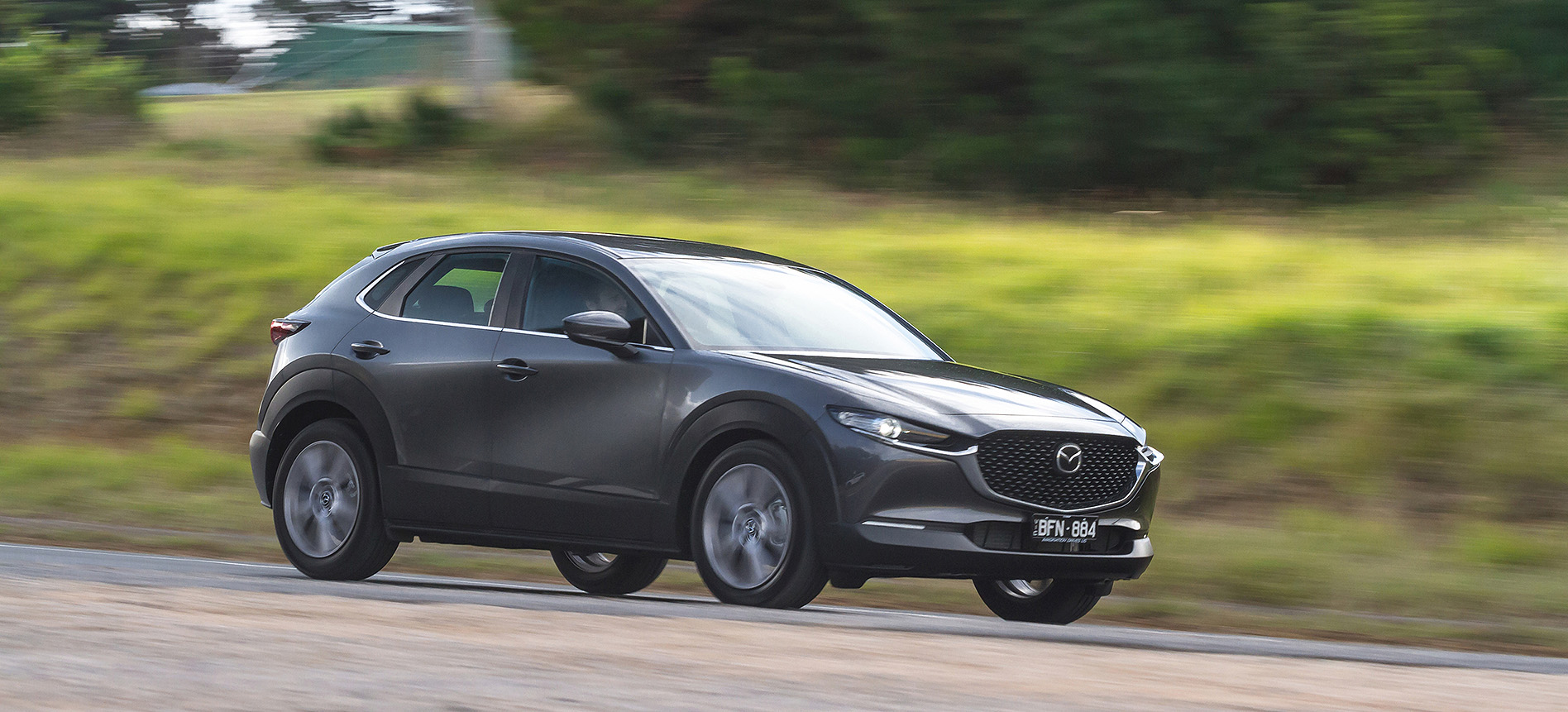
The range starts from $29,990 (before on-road costs) so the Corolla Cross will have to be priced competitively if Toyota wants to give it a good chance. It also comes with an impressive amount of equipment as standard such as an 8.8-inch infotainment system that supports smartphone mirroring, navigation, digital radio, autonomous emergency braking (AEB), rear-cross traffic alert, adaptive cruise control, head-up display and a five year warranty (which Toyota will match with the Corolla Cross).
There’s also greater choice of engines, 2.0- and 2.5-litre four-cylinder engines are available right now, soon to be joined by a SkyActiv-X engine which will provide superior power and torque while using less fuel.
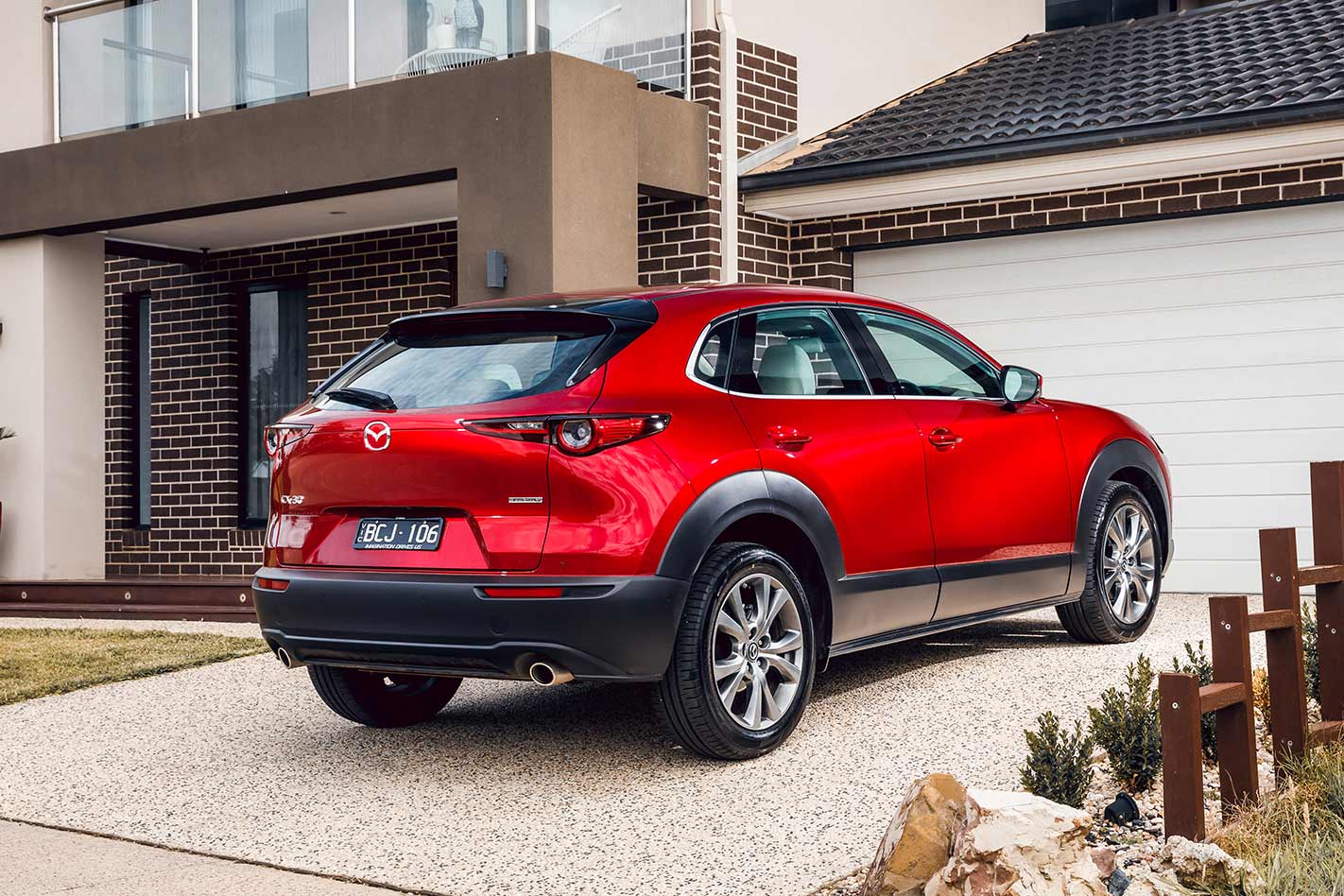
In terms of space, the CX-30 is tighter than expected for back seat passengers though not uncomfortably so. The boot capacity is 317 litres, which compares poorly to the Corolla Cross’s 487-litre boot, though you can take out the false floor of the CX-30 for an expanded 430-litre space.
Kia Seltos
The Kia Seltos starts much more affordably than the Mazda CX-30 and expected Corolla Cross at $25,690 (before ORCs), and packs in a decent amount of kit for that coin as well.
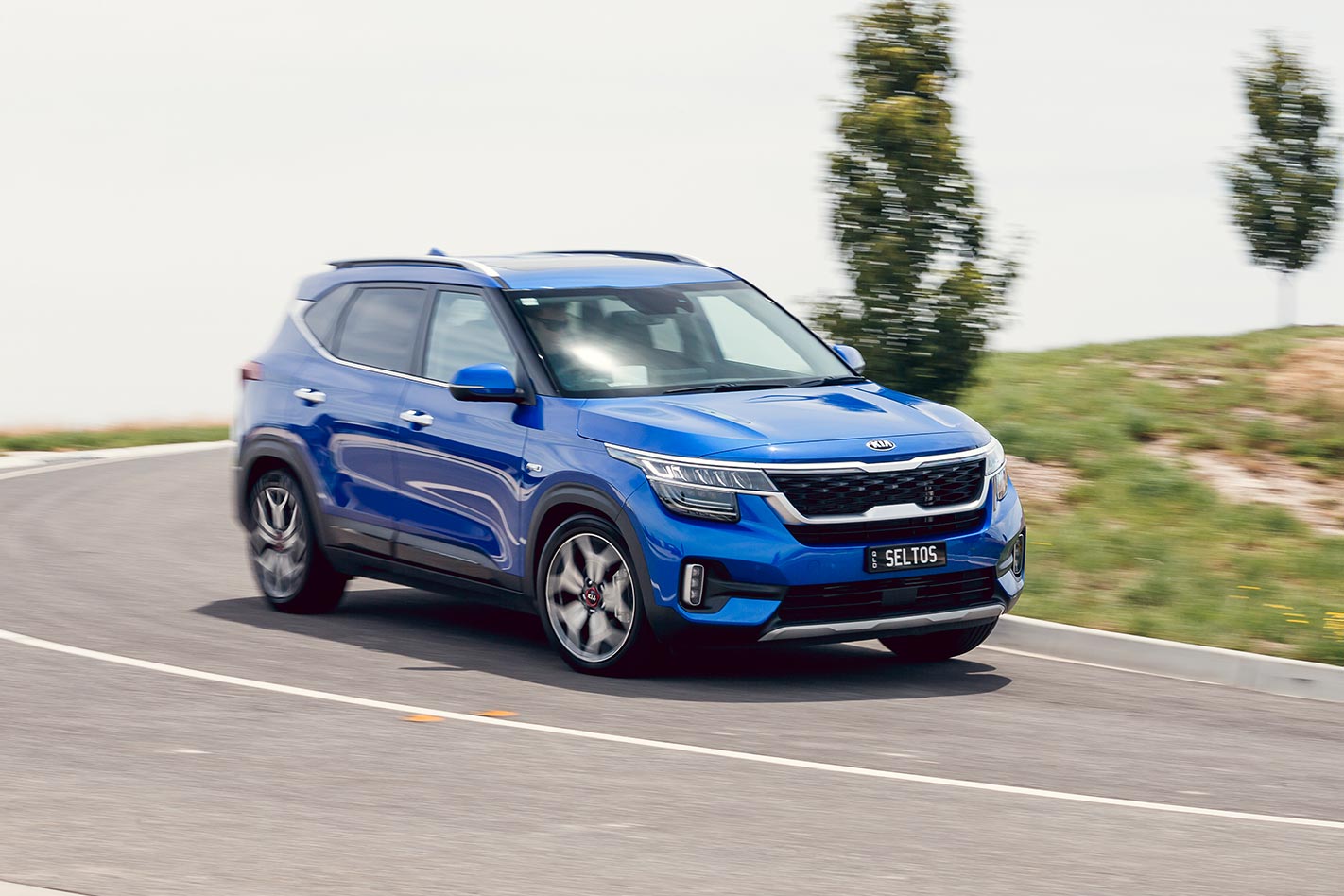
As standard, each Seltos receives an 8.0- or 10.25-inch touchscreen with smartphone mirroring, AEB, reverse camera, forward collision warning, roof rails, automatic headlights, six-speaker sound system and a seven-year warranty.
A 2.0-litre naturally aspirated engine is standard, paired to a CVT, though the smaller turbocharged 1.6-litre engine is actually the sprightlier of the two, and can be had with all-wheel drive if wanted whereas the 2.0-litre cannot.
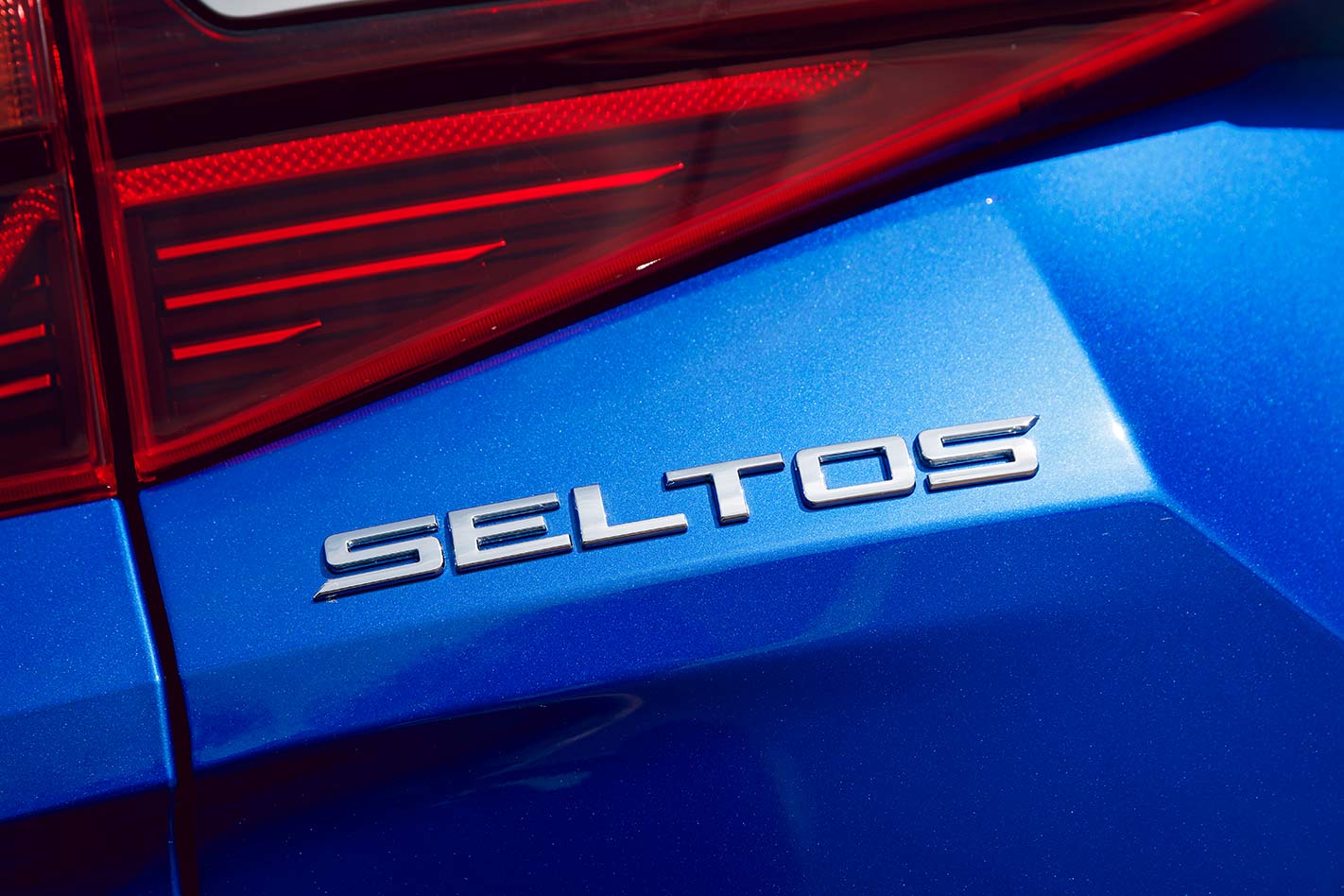
Space is abundant in the Seltos cabin, for both front and rear seat passengers. It can even boast a huge class-leading boot at 498 litres.
Nissan Qashqai
Another SUV that’ll be cross-shopped with the Corolla Cross is the Nissan Qashqai which starts at $29,490 (before ORCs).
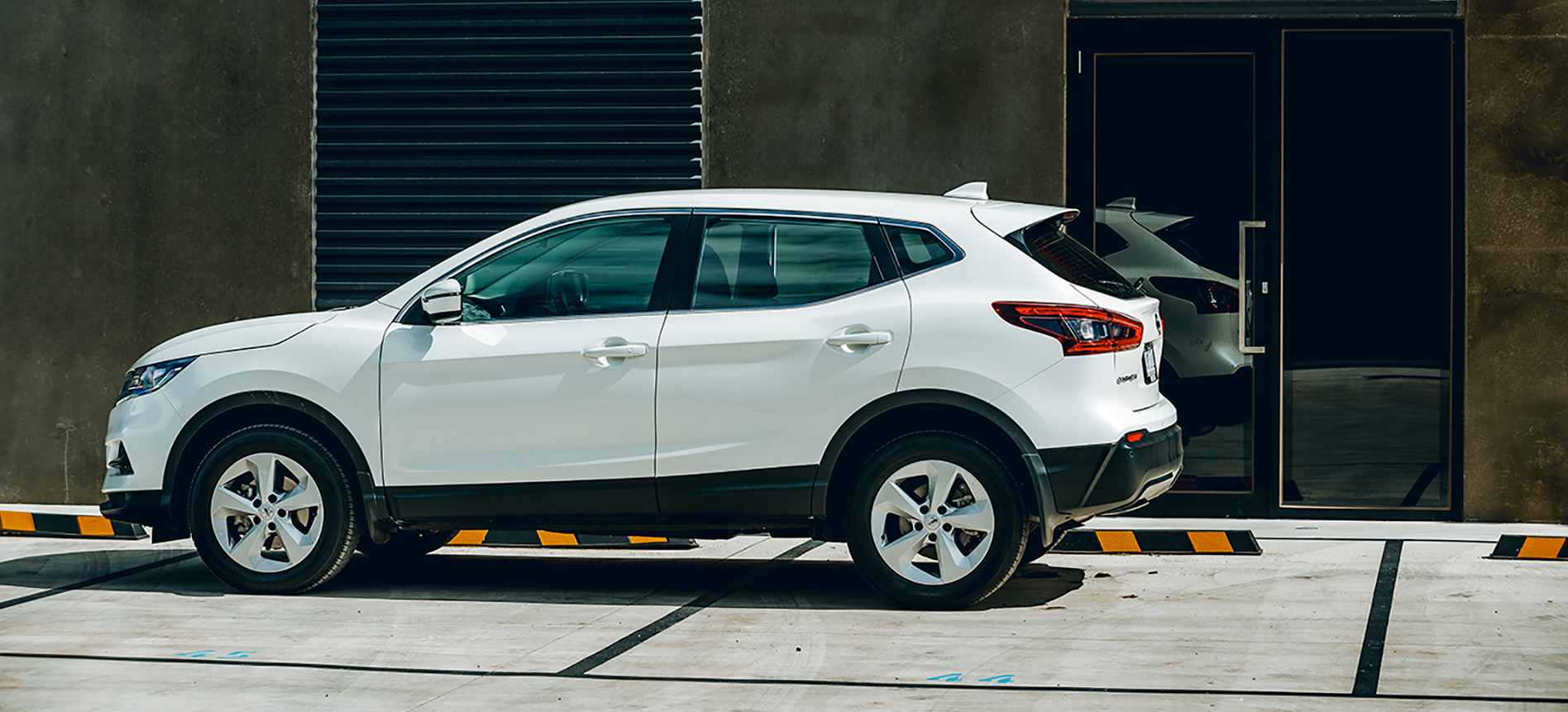
In the same vein as the Seltos, the Nissan Qashqai packs spaciousness and freedom of choice across its range of segment stablemates.
Each and every Qashqai is front-wheel-drive and powered by a 2.0-litre engine bolted to a CVT (minus the entry-level ST, which is manual only).
They all receive a 7.0-inch touchscreen with smartphone mirroring, digital radio, reverse camera, AEB, forward collision warning, front and rear parking sensors and a five-year warranty.
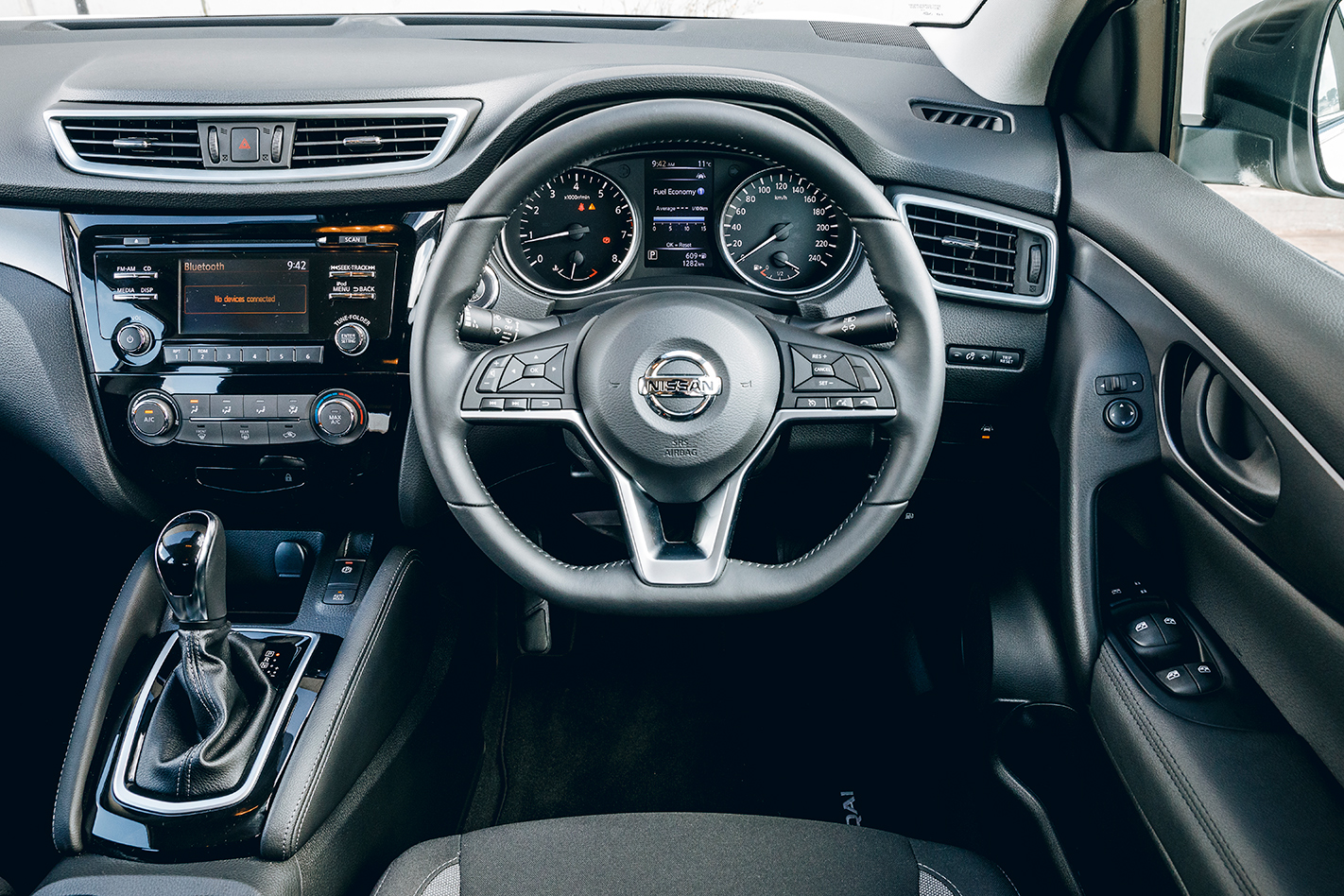
There’s a comfortable amount of space for occupants in both rows, while a decent-sized 430-litre boot is found at the rear.
Honda HR-V
Starting from $25,490 (before ORCs) is the Honda HR-V small SUV that features truly clever interior packaging and lots of standard equipment.
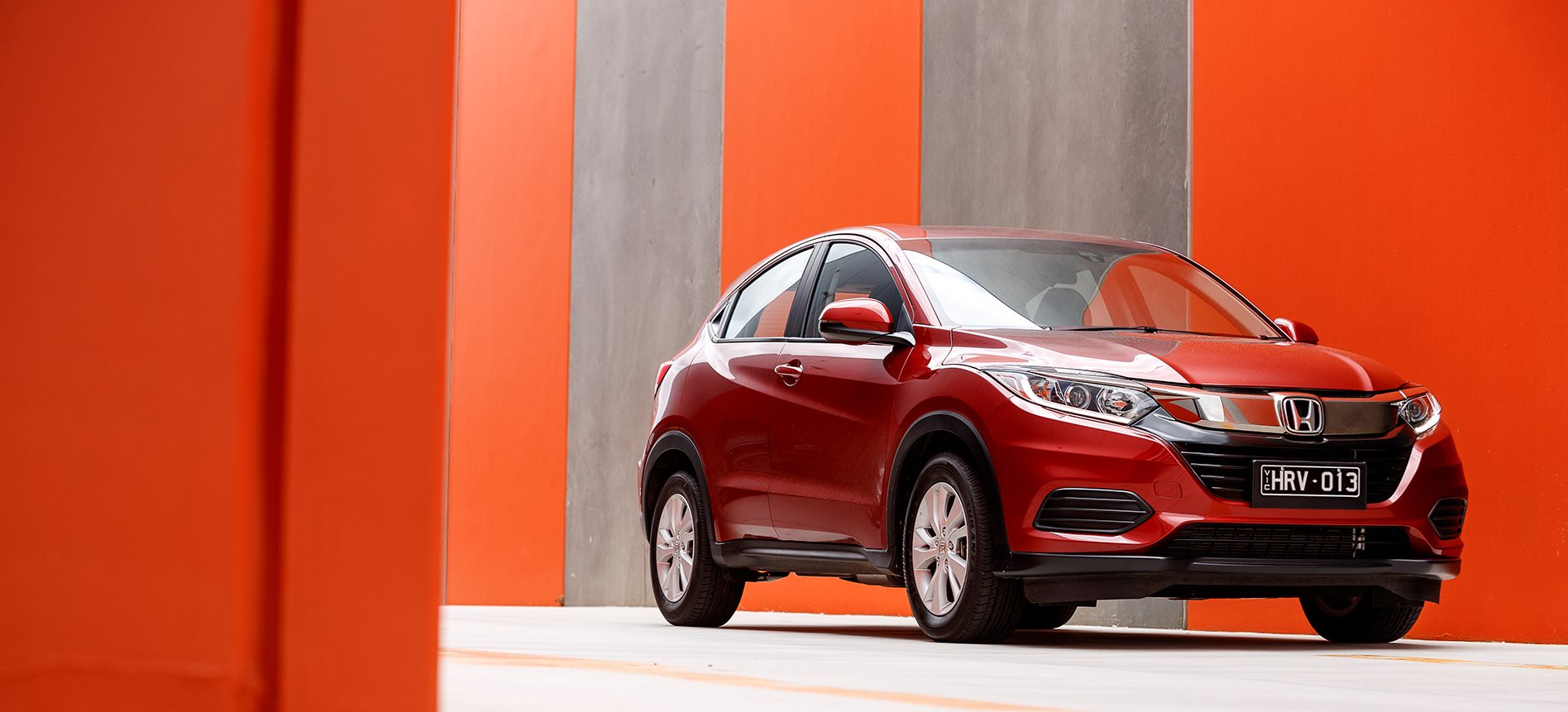
You get a 7.0-inch touchscreen with smartphone mirroring capability, multi-angle reverse camera, navigation, brake hold and hill start functions, tyre deflation monitor, city-based AEB and a five-year warranty with all variants of Honda’s HR-V.
The HR-V is also another car that is only offered with one engine, which is a 1.8-litre four-cylinder petrol that powers the front wheels through a CVT.
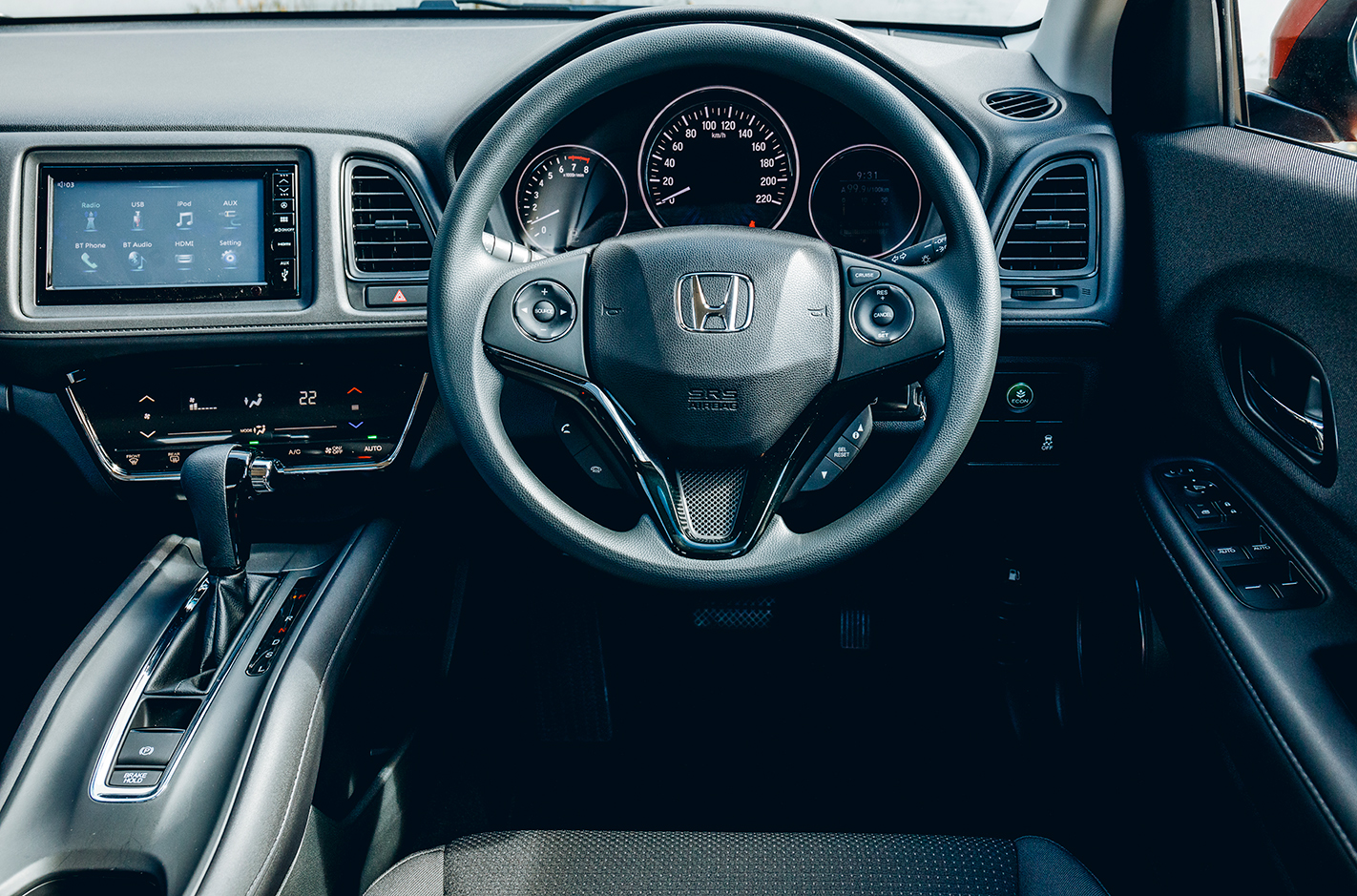
Honda’s HR-V features a longer wheelbase than many of its rivals which is good news for passengers and luggage space. There’s ample space in both rows, especially impressive considering its compact body size. It also receives Honda’s smart ‘Magic’ seats that fold flat to provide an impressive van-like space. The boot is 437 litres – very respectable for a small SUV.
Mitsubishi ASX
It might be one of the oldest cars in the segment but that hasn’t stopped customers flocking to the ASX, mainly due to its extremely affordable $23,990 (before ORCs) entry price.
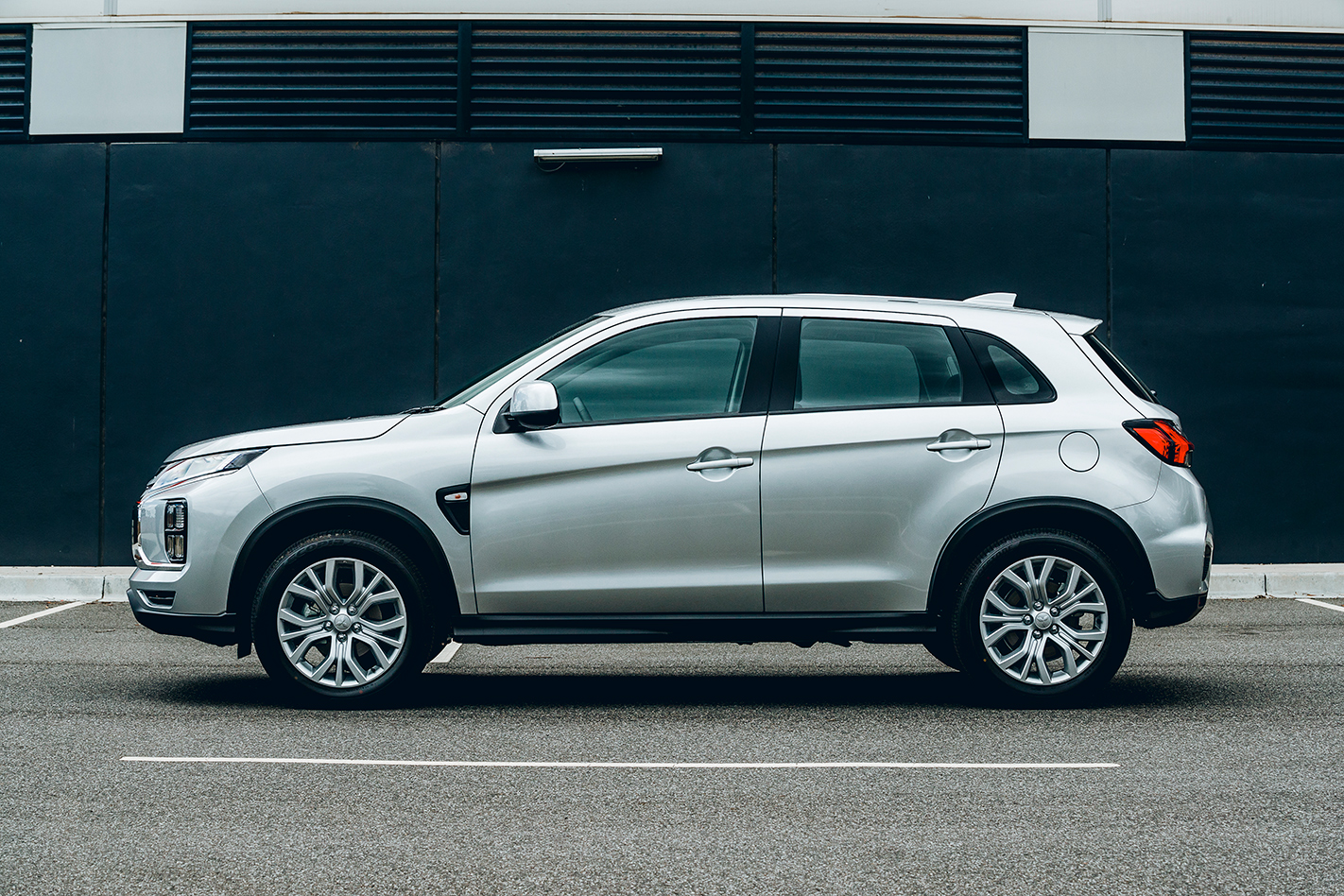
Even at such a low price, the ASX manages to offer an 8.0-inch touchscreen with smartphone mirroring, climate control, digital radio, power mirrors, AEB with pedestrian and cyclist detection and a five-year warranty.
The ASX is powered by two non-turbo four-cylinder petrol engines, one 2.0-litre and the other a 2.4-litre. Both power the front wheels only, but a manual transmission is offered with entry level variants.
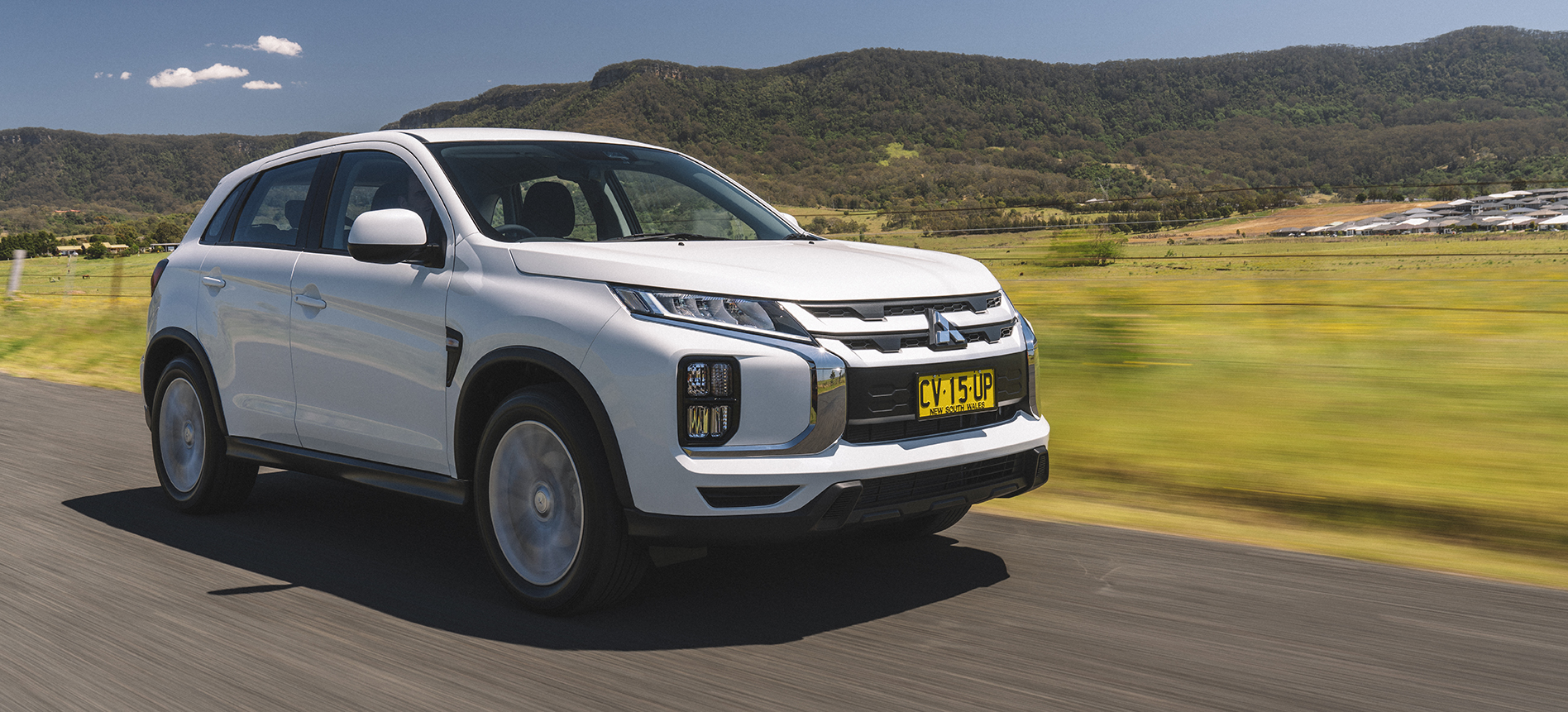
There’s more space in the back seats than most, but its 393-litre boot space is lacking when compared to its rivals above.
It’s relatively easy to compare similar models on a virtual realm using facts and figures, but we’ll save the final judgement for when the intriguing new Toyota can speak for itself on Australian roads.

